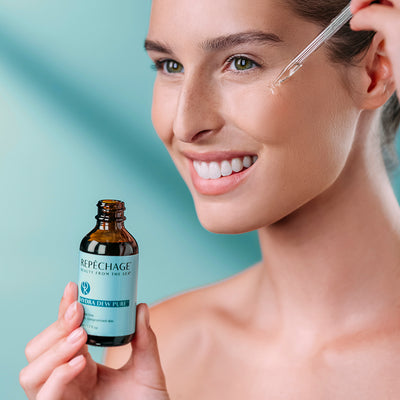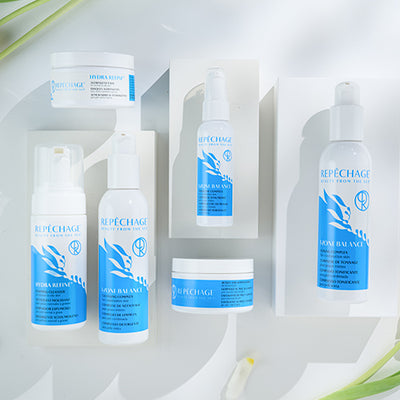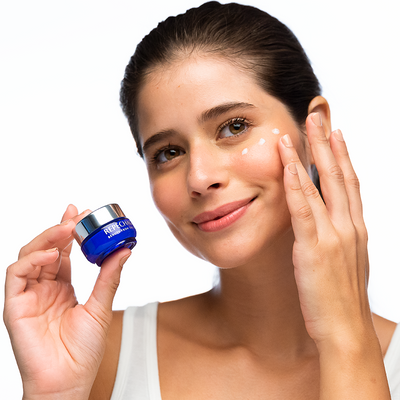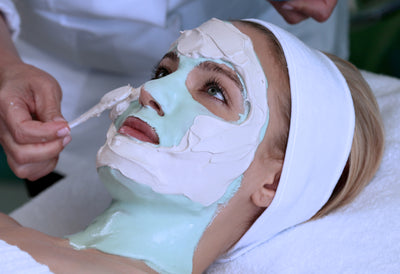Skin Aging: 10 Tips to Protect Your Skin

We all love spending time outdoors, but science has proven time and again that overexposure to UV rays, as well as environmental aggressors, prematurely ages us with the appearance of wrinkles and hyperpigmentation, can cause burns on the skin, and most dangerously, increase the chance of getting skin cancer.
To ensure that you and your skin have no regrets, here are 10 tips from our skin care experts!
1. Seek shade.
Avoid over exposure to the sun, especially between 10:00 AM and 4:00 PM, when the sun is strongest and UV risk is at its highest.
2. Do not burn.
Every sunburn increases the chance of getting skin cancer.
3. Avoid tanning and UV tanning booths.
According to the Skin Cancer Foundation, one indoor tanning session increases melanoma risk by 20 percent. (Source: SkinCancer.org) Click here to find out more reasons to ditch indoor tanning.
4. Use sunscreen.
Use sunscreen with an SPF of 15 or higher every day. Apply one ounce (2 tablespoons) of sunscreen to your entire body 30 minutes before going outside.
5. Moisturize.
In addition to wearing an SPF, use a moisturizer daily to help prevent against the visible signs of premature aging that can result from daily exposure to the elements and environmental aggressors.
6. Wear protective clothing.
Cover up with clothing, including a broad-brimmed hat and UV-blocking sunglasses.
7. Don't ignore environmental aggressors.
Shield your skin against environmental aggressors with a mineral face shield with antioxidants. Antioxidants help fight free radicals, which can impact the appearance of your skin with visible signs of aging.
8. Keep newborns out of the sun.
Sunscreen should be used on babies over the age of six months.
9. Do a skin examination every month.
Early detection of abnormalities on the skin is most important. Watch how to examine your skin at home.
10. See a dermatologist.
At least once a year take a visit for a professional skin exam. Your health is paramount.
*This blog is for informational purposes only and is not intended as medical advice, treatment or diagnosis. Always seek the advice of your doctor or health provider with any questions or concerns you may have about a medical condition.













